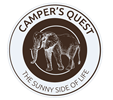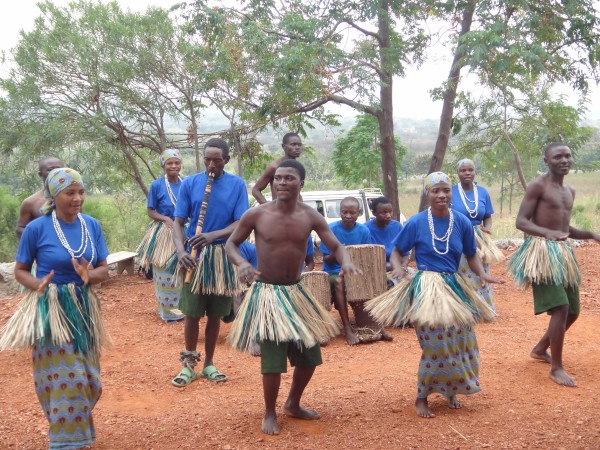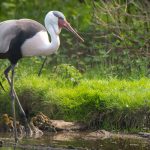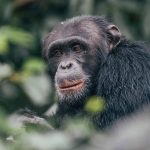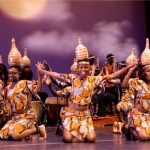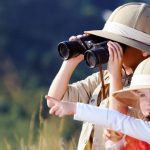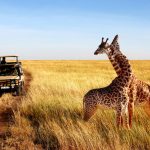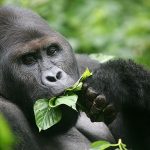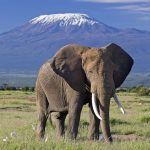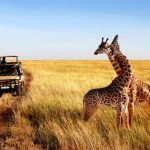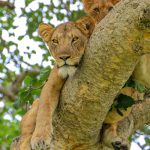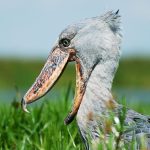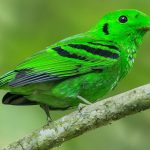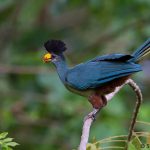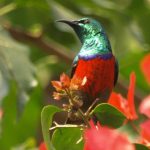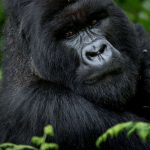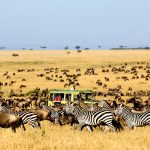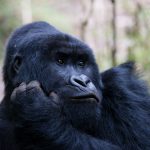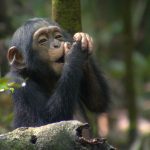Leopard Village
Leopard Village is a community-run, socio-economic development initiative that promotes cultural and wildlife conservation through ecotourism. Located near the village of Muhokya, Leopard Village sits on 3 acres bordering the northern sector of Queen Elizabeth National Park.
Visitors can tour replicas of the traditional huts of the Banyabindi, Bakonzo, and Basongora ethnic groups, watch traditional song and dance performances, and purchase handicrafts made by local communities.
Longer visits can include conversations with community members about the challenges and opportunities they face living next to the park, visits to local schools, and discussions about traditional village life and solutions for human-wildlife conflict. We can work with tour groups to create a customized program.
Leopard Village is a partnership between the local communities of Muhokya, Kahendero and Hamukungu, and the Uganda Carnivore Program, with support from zoos in the United States and Germany. All fees and donations go directly to community development, conservation and education projects, and to the individual artists. By supporting Leopard Village tourist and cultural activities, you will be assisting in the conservation of the area’s wildlife and supporting sustainable development in the local communities.
Contact Leopard Village:
Tel: +256 (0) 791 779 442, +256 (0) 791 492 245
Email: leopard.village@gmail.com
Visit www.uganda-carnivores.org/leopard-village for more information
Kikorongo Women Community Kikorongo means Too Much Sunshine in the local language of Lukonzo – but the heat of the African plains has not diminished the energy of the Kikorongo Equator Cultural Performers! This vibrant performance, which takes place at lodges around the park, is a wonderful glimpse of life in Kikorongo, with dance, drama, music and fire-making. While a local interpreter explains the significance of the performances, you can sit back and watch village life unfold in front of you.
Kikorongo means Too Much Sunshine in the local language of Lukonzo – but the heat of the African plains has not diminished the energy of the Kikorongo Equator Cultural Performers! This vibrant performance, which takes place at lodges around the park, is a wonderful glimpse of life in Kikorongo, with dance, drama, music and fire-making. While a local interpreter explains the significance of the performances, you can sit back and watch village life unfold in front of you.
Kikorongo’s African ArtCraft Workshops teach guests how to weave baskets and bowls using natural fibers – it´s not as easy as the teachers make it look! They also demonstrate how to recycle magazines into colorful paper beads, which can be made into unique necklaces. If your own craft skills are not up to scratch, beautiful items made by the women´s group, such as baskets, bowls, purses and woven belts, are available to purchase.
Contact Kikorongo Women Community:
• Chairperson Jan Ithungu: +256 757548713
• Secretary: +256 782 302053
• Email: kikorongowomen@gmail.com
• Visit www.PearlsOfUganda.org for more information.
Katwe Tourism Information Centre (KATIC)
This unusual lake is far too salty to support much wildlife – though since the 16th Century it has ensured the survival of the Katwe villagers, who spend their days under the equatorial sun, walking the network of paths that cross-cross the lake and harvesting salt from its milky waters.
Katwe Salt Lake Tour gives a unique insight into the fascinating yet tough process of salt mining, as well as providing an alternative income for Katwe. See villagers at work on the lake, cross the mud walkways and enter a traditional grass hut. You will also pass the nearby bird sanctuary lake, home to thousands of birds, including flamingoes from October to May. A bird watching boardwalk will be ready in 2012.
During Katwe Village Walk, visitors are welcomed to a traditional homestead. Cooking demonstrations introduce the region’s cuisine, and there is also a trip to the local school.
Contact Katwe Tourism Information Centre:
• Director Kimulya Johasi: +256 753 393450
• Clerk/guide Kasiim: +256 752 397354
• Nicholas: +256 752 618265
• Visit www.PearlsOfUganda.org for more information
Nyanz’ibiri Cave Community
Stretch your legs after long game drives with scenic walks around a slice of Ugandan paradise, at this community site known as The Cave. Admire panoramic views of volcanic crater lakes to a soundtrack of crested cranes and eagles. Paddle a canoe, hike to the Transparent Lake, spot eight species of forest primates, or just stop and smell the local flowers – this is the place to come to truly get away from it all!
Local attractions include a historic cave and Cultural Museum – a perfectly preserved Banyaruguru hut, filled with valued local artifacts that were once the tools of everyday life.
This community run establishment also offers three, fully furnished private bandas and a campsite. All visitors are invited to use our restaurant and bar, and enjoy our evening traditional dance performances. A generous portion of your activity and accommodation fees go directly to community development, conservation and educational projects.
Contact Nyanz’ibiri Community Eco-Campsite:
• Tel: +256 772 863399, +256 792 863399
• Email: NyanzibiriEcoTour@gmail.com.
Agro-Tour Walk
The sweeping Kichwamba Escarpment makes up the eastern wall of the Western Rift Valley. This 2-3 hour trail begins in rural Kataara Village with a hike through the farms of the escarpment in the cool morning or early evening. Your expert local guide will point out beautiful bird species, exotic and medicinal plants and sites of cultural importance, as well as explaining local farming methods.
Visitors will also learn about the enduring challenge of human-animal conflicts in the area, and will tour the beehives that are used to divert destructive elephants away from community crops on the park border. Interested clients will even have the chance to try their hand at honey harvesting.
After enjoying the peace of the endless savannah and the shade of the trees, visitors hike back up the escarpment and can return to their lodges.
Contact Youth Development (Agro-tour):
• Contact via Katara Lodge
• Tel: +256 779 552446, +256 773 011648, +256 712 812560

